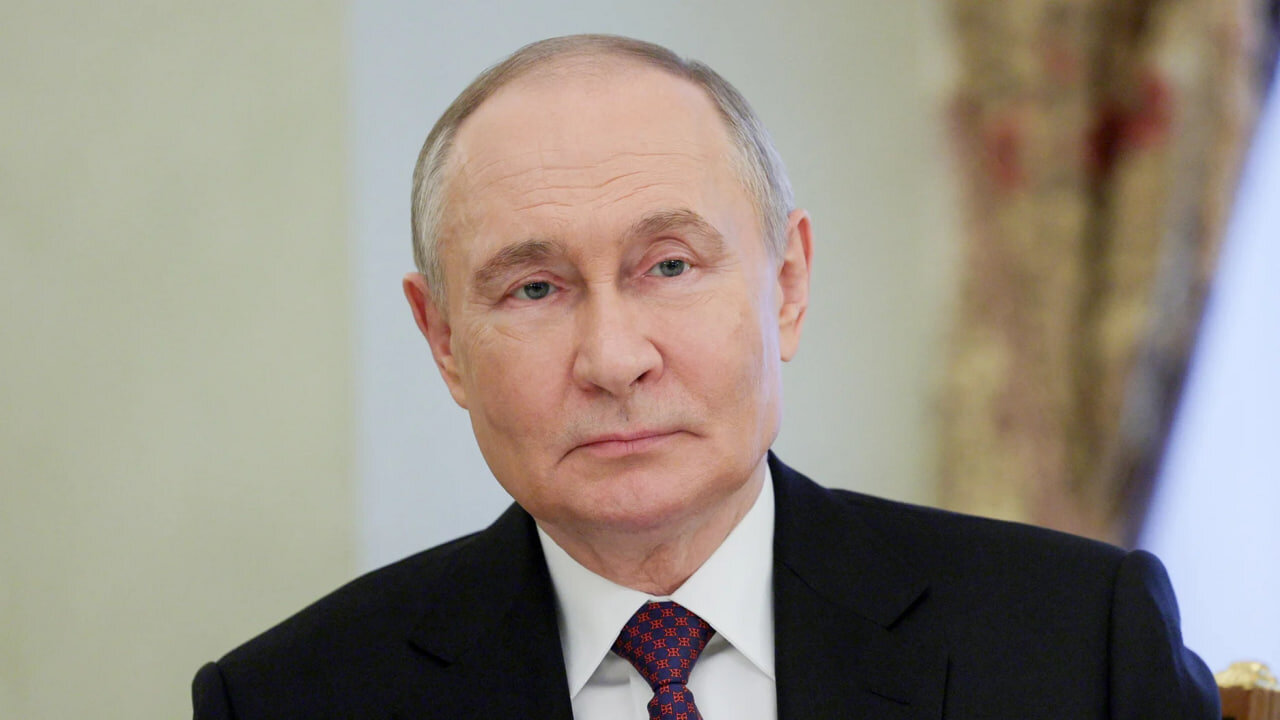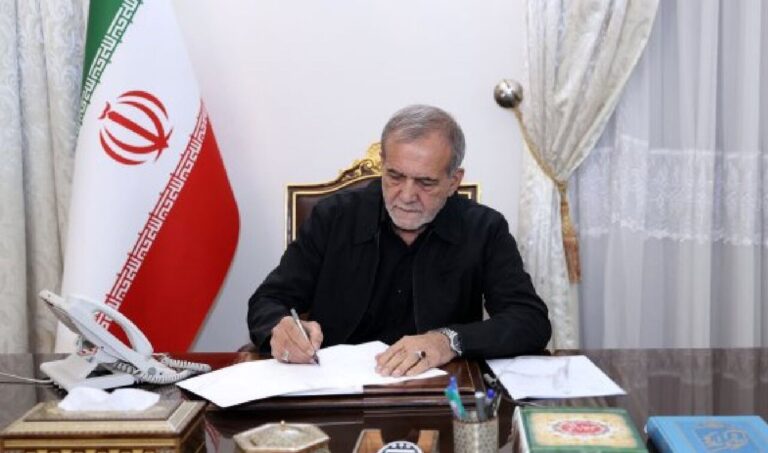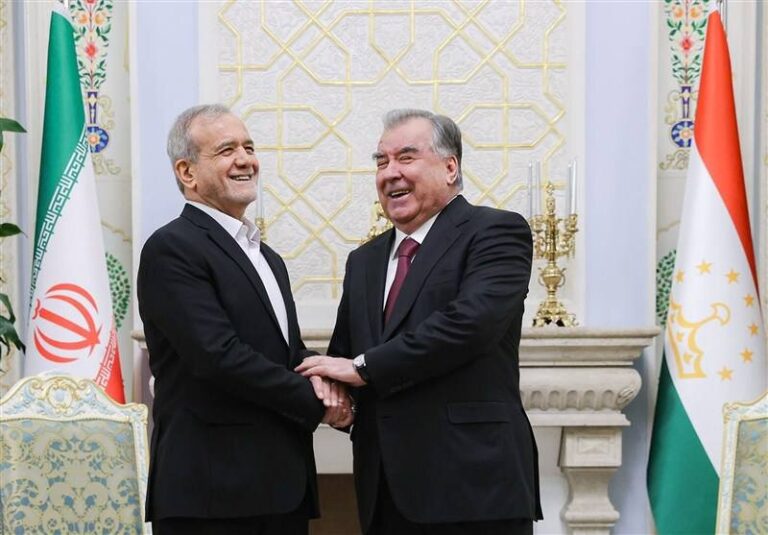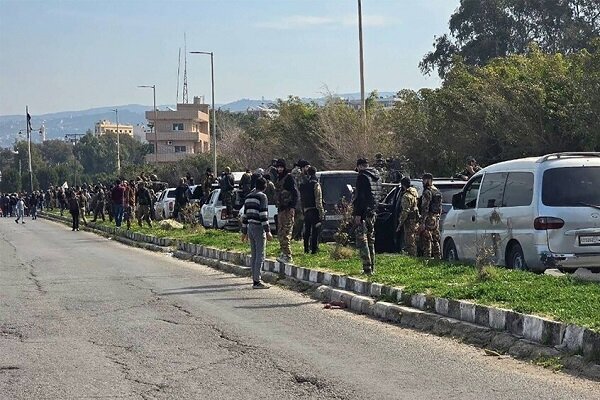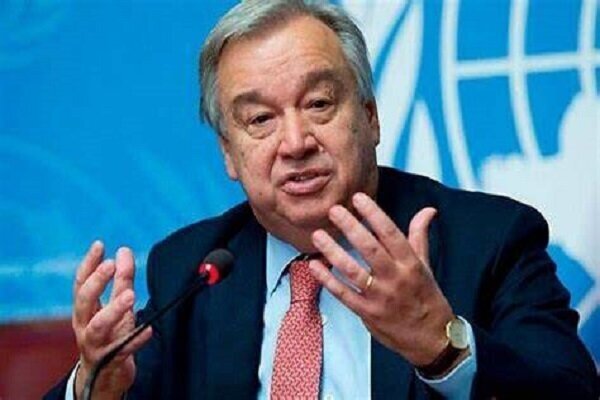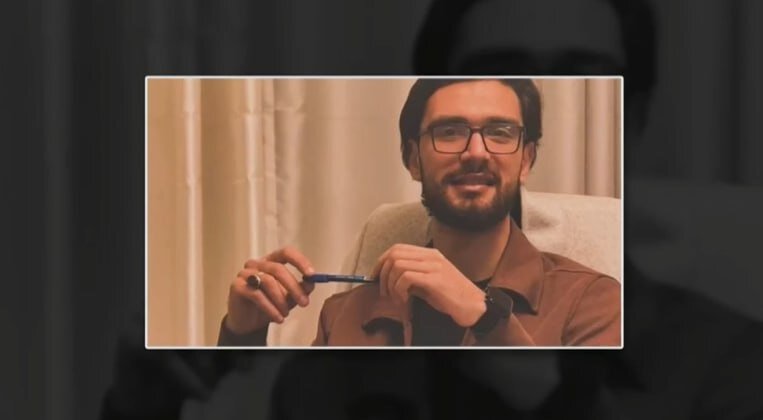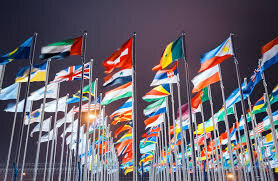Putin Declares Three-Day Ceasefire in Ukraine Starting May 8: A Glimmer of Hope Amid Ongoing Conflict
In a significant development regarding the ongoing conflict in Ukraine, Russian President Vladimir Putin has announced a unilateral three-day ceasefire, scheduled from May 8 to May 11, coinciding with the World War II Victory Day commemorations. This decision, as reported by the Kremlin and covered by CNN, is said to be based on “humanitarian considerations.” During this period, all military actions will be halted, marking a temporary pause in hostilities. The holiday on May 9 is particularly important for Russia, as it commemorates the defeat of Nazi Germany.
The announcement has sparked a range of reactions, particularly from Ukraine. An adviser to Ukrainian President Volodymyr Zelensky has expressed skepticism, stating that “the ceasefire must be unconditional, because everything else is just Putin’s tactical games.” This remark highlights the ongoing tensions and distrust between the two nations.
Historically, ceasefires in this conflict have often been met with skepticism and accusations of violations from both sides. Here are some key points regarding the recent ceasefire announcement:
- Duration: The ceasefire will last for three days, from midnight May 8 to midnight May 11.
- Reason: The Kremlin claims the ceasefire is for humanitarian reasons, coinciding with the Victory Day celebrations.
- Ukrainian Response: Ukrainian officials have demanded that any ceasefire be unconditional, indicating their suspicions about Russia’s motives.
- Previous Ceasefires: Russia previously declared a 30-hour truce around Easter, which was met with skepticism from Kyiv. Despite this, Ukraine did agree to the truce.
- Accusations: Following the Easter ceasefire, the Ukrainian military accused Russia of conducting over 2,900 attacks, while Russia countered with accusations against Ukraine for violating the truce.
This ceasefire declaration comes amidst a backdrop of failed negotiations and previous ceasefire agreements that have collapsed under the weight of mutual accusations and breaches. The Ukrainian government has long been wary of Russia’s intentions, particularly given the historical context of military engagements in the region.
As the ceasefire date approaches, the international community is watching closely. The implications of this temporary halt in hostilities could be significant, depending on how both sides choose to engage with the announcement. While Russia may position this ceasefire as a gesture of goodwill, Ukraine’s leadership remains cautious, emphasizing the need for genuine commitment to peace.
Analysts suggest that the timing of this ceasefire could also be strategic for Russia. By declaring a pause in military operations during a significant national holiday, Putin may be attempting to bolster domestic support and showcase a façade of peace amid ongoing conflict. However, the effectiveness of such a maneuver relies heavily on the compliance of both parties.
Furthermore, the international response to the ceasefire could influence future negotiations. If the ceasefire is observed without significant violations, it may open the door for more substantial discussions regarding a lasting peace agreement. Conversely, any breaches could further entrench existing hostilities and distrust.
In conclusion, the declaration of a three-day ceasefire by Russian President Vladimir Putin marks a critical moment in the ongoing conflict in Ukraine. While the Kremlin cites humanitarian reasons for this decision, skepticism from Ukrainian officials underscores the complexity and volatility of the situation. As both sides prepare for this temporary halt in fighting, the world waits to see how this will impact the broader trajectory of the conflict.
